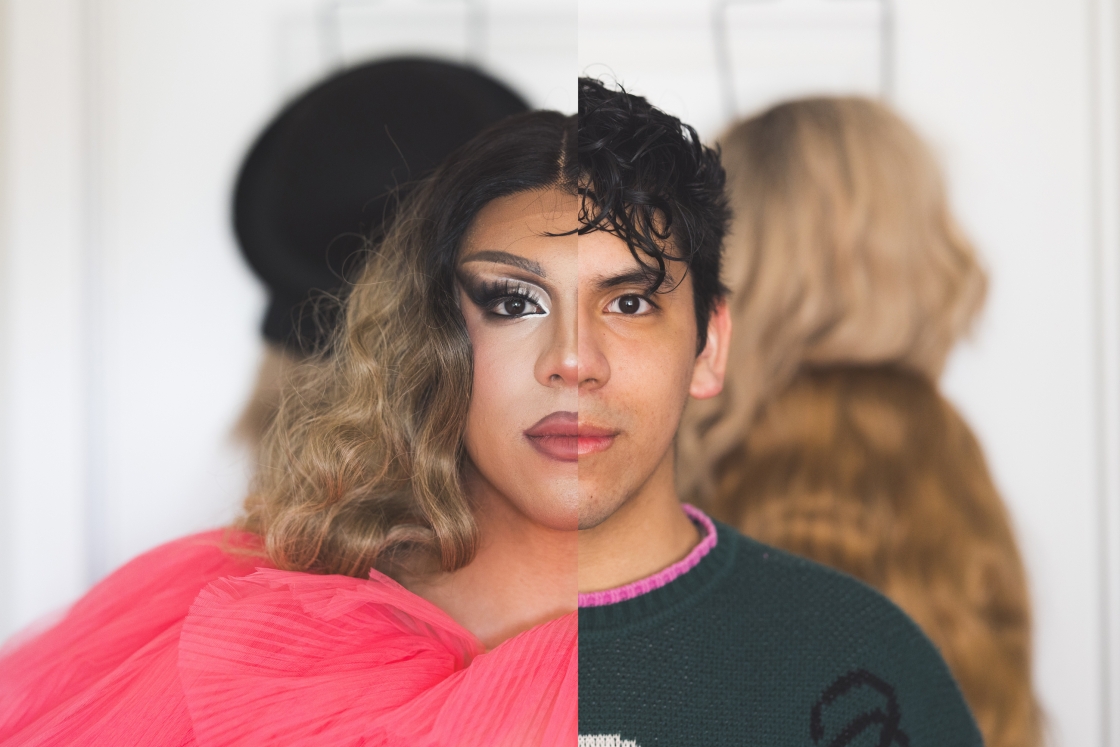Jane Tangen, a senior at Lebanon High School in Lebanon, N.H., has been studying computer science at Dartmouth since the start of her junior year. That’s thanks to the College’s Special Community Student High School Program, which invites qualified local students to take Dartmouth courses.

“I really love computer science, which was limited at my school. Dartmouth was a great opportunity, so I took it,” says Tangen, who has completed four Dartmouth courses through the program.
Kristi Clemens, assistant dean of the College, is director of the 20-year-old program. Among the important things it does, she says, is to extend Dartmouth’s connection with the wider community and facilitate the intellectual growth of high school students whose experience and interests reach beyond what their school’s curriculum can provide. About 60 students from more than half a dozen schools participate every year.
The high school juniors and seniors, who are recommended for the program by their high school principals, guidance counselors, or other school officials, have to apply for the program, which the College offers tuition-free. They are also required to meet with their prospective Dartmouth professors before being admitted to their chosen course.
Community students never displace a Dartmouth undergraduate: The high school students’ enrollments are finalized only after Dartmouth students’ registration is completed. In addition to computer science, community students have taken courses in a wide range of departments, including sociology, earth science, psychology, physics, and math, as well as studying Arabic, French, and Spanish.
Vox Populi: From High School to Dartmouth, Sans GraduationHer Dartmouth courses have been “difficult and interesting,” says Tangen. “The challenge made me more determined to complete the projects and courses. At the end of each term I breathed a sigh of relief, then looked forward to the next one.With pen, paper, and a trusty bike, a Hanover High School senior studied history at the College. Read about Julia Seaman’s experience as a participant in the College’s Special Community Student High School Program in her Vox Populi opinion piece.
“The courses gave me an insight into college that most students do not have. I know that computer science or some variant will be my major in college. I know the bones of the curriculum. Most importantly, I have confidence that I can complete this difficult major sometime in the future.”
Dartmouth Registrar Meredith Braz says the program recently revitalized its outreach efforts. “We have been updating documentation and forms to make the information more readily available to students and guidance counselors,” she says.
One outcome: a website that gives schools, students, and their families access to information about the program.
Dartmouth’s Faculty Committee on Instruction (COI) has called the program to the attention of colleagues. Braz also reports that Director of Admissions Paul Sunde is involved in outreach to local guidance counselors to facilitate communication between Dartmouth and the high schools.
Karen Allen, a guidance counselor at Windsor High School in Windsor, Vt., says, “this program is a great opportunity for our students. For many of our students it’s their first experience with a college course, and it allows them to explore a college class before arriving on a college campus full-time.”
Hany Farid, a professor of computer science, has had community students in several sections of his CS1 course. “Overall I have been very impressed with the high school students,” he says. “They are smart and dedicated.”
Devin Balkcom, an associate professor of computer science, has also taught several high school students in his courses. “It’s particularly great for students in the community because they get to experience a high-intensity college class before going to college, in an area they think they might be interested in,” he says. “Students are then able to choose a college based on real knowledge about how college works. The program also helps students make a successful transition to college, by giving the student some confidence about the academic side of that transition.”
Balkcom says the program benefits the College, too. “In my own introductory computer science classes, I’ve found that the students from this program have been exceptional—they have a very strong interest in the material and can really focus on my class, since it is the only college class they are taking.”
The benefits for Dartmouth reach farther, though, he says. “Occasionally, it can allow Dartmouth to recruit an exceptional local student. Many of my students have gone on to major in computer science at top-ranked schools, and are very good messengers about Dartmouth’s high-quality computer science program.”
Stasha Blank, a senior at Lebanon High, began with “COSC 1: Introduction to Programming and Computation” this fall. “I completely enjoyed the entire experience; it was challenging, interesting, informative, and rewarding,” he says. “To make a long story short, it confirmed my interest in computer science.” He is now enrolled in his second Dartmouth computer science course. “I can say confidently now that I know what I want to study in college. In addition, the whole experience has given me insight to how fast paced college is, and has given me a head start to figuring out how to prioritize my time. These courses have given me some important tools I will need to have a successful college experience anywhere I go.”
Lebanon High student Kevin Cole agrees, even as he plans to take his future studies in a different direction. “Taking CS1 as a high school senior was an experience that I will not forget for a long time, and it has definitely influenced my perception of my plans after high school,” he says. “Computer science is not something I see myself doing in the future.”
“However, I now have the highest respect for CS majors, after going through just a tiny bit of what they do. The class was definitely intense for me, and I will remember it whenever I struggle in college. I can definitely overcome those challenges.”

